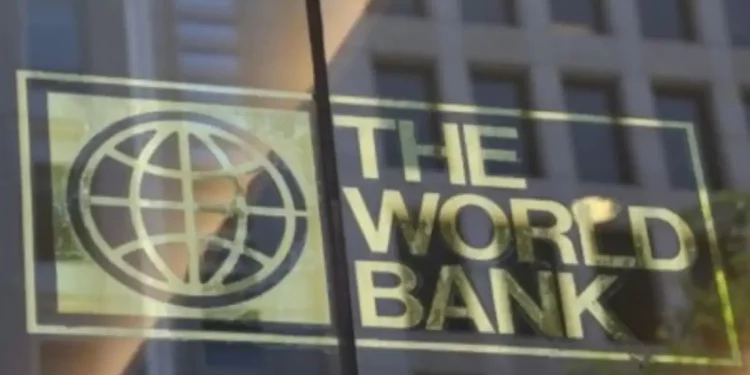The World Bank has cautioned that Sub-Saharan Africa (SSA) will have to reduce its trade expenses by a minimum of 50% to revitalize global trade, which has been on the decline since the middle of the previous year.
If urgent measures are not taken to increase productivity, labour supply, investment and trade, and utilize the services sector, the lender warns that the global economy growth rate will drop to its lowest point in thirty years.
The World Bank’s report evaluates the impact of the Covid-19 pandemic and the Russian invasion of Ukraine on the long-term prospects of global economic growth.
The report suggests that reducing trade costs in areas where they are currently high could enhance international trade and strengthen the world’s economic growth.
As per the report, SSA faces the highest trade costs globally encompassing shipping, logistics, and regulation charges, amounting to around 130 per cent of actual tariffs imposed on traded goods.
Additionally, the region experiences exceptionally high trade costs of up to 250 per cent of actual tariff rates for agricultural products. Despite this, the region imposes some of the highest tariffs on all goods in comparison to the rest of the world.
The report reveals that emerging and developing economies, including SSA, maintain an average tariff of eight per cent, while advanced economies impose less than two per cent.
While African countries are involved in around 25 regional trade agreements (RTAs), developed economies participate in roughly 90 such agreements, indicating a disparity in regional trade.
This discrepancy, in addition to high levels of trade uncertainty, poor logistics, and a low Liner Shipping Connectivity Index, has hampered Africa’s trade with other regions, causing a slowdown in economic growth.
The United Nations Conference on Trade and Development (UNCTAD) reported that global trade, which increased to $32 trillion in 2022, began to decline in June and is expected to remain sluggish in 2023 due to factors such as Russia’s war with Ukraine, inflation, rising interest rates, and debt sustainability concerns.
The World Bank warns that if this trend continues, the average global economic growth rate could fall by a third to 2.2 per cent by 2030, from the 6.6 per cent recorded in the first decade of this century, indicating the possibility of a lost decade. Therefore, urgent action is required to avoid such a slump.
Read Also: China to Contribute to One-Third of the World’s Economic Growth in 2023-IMF




